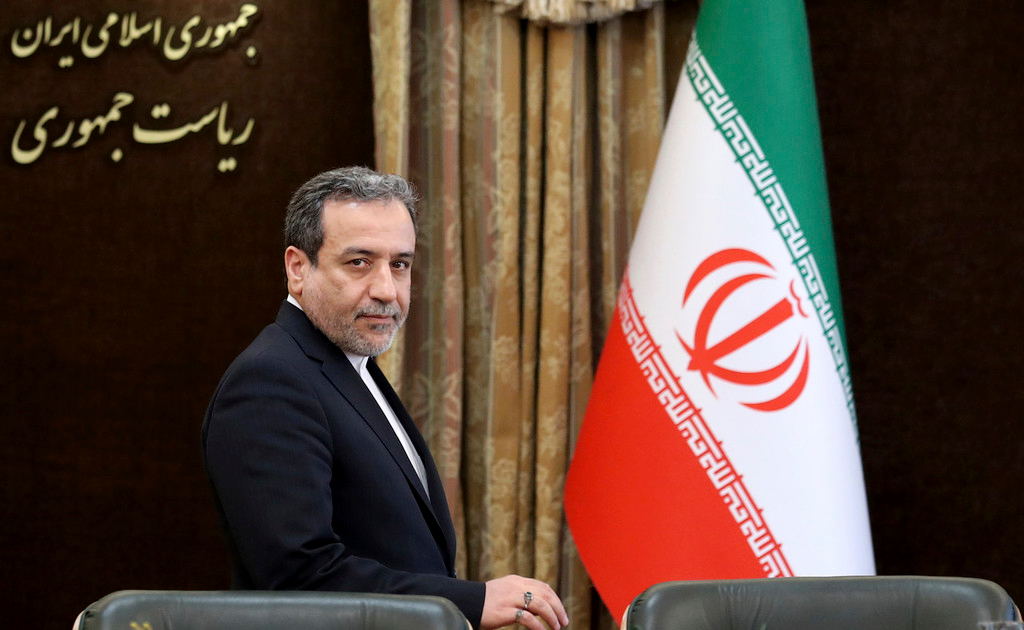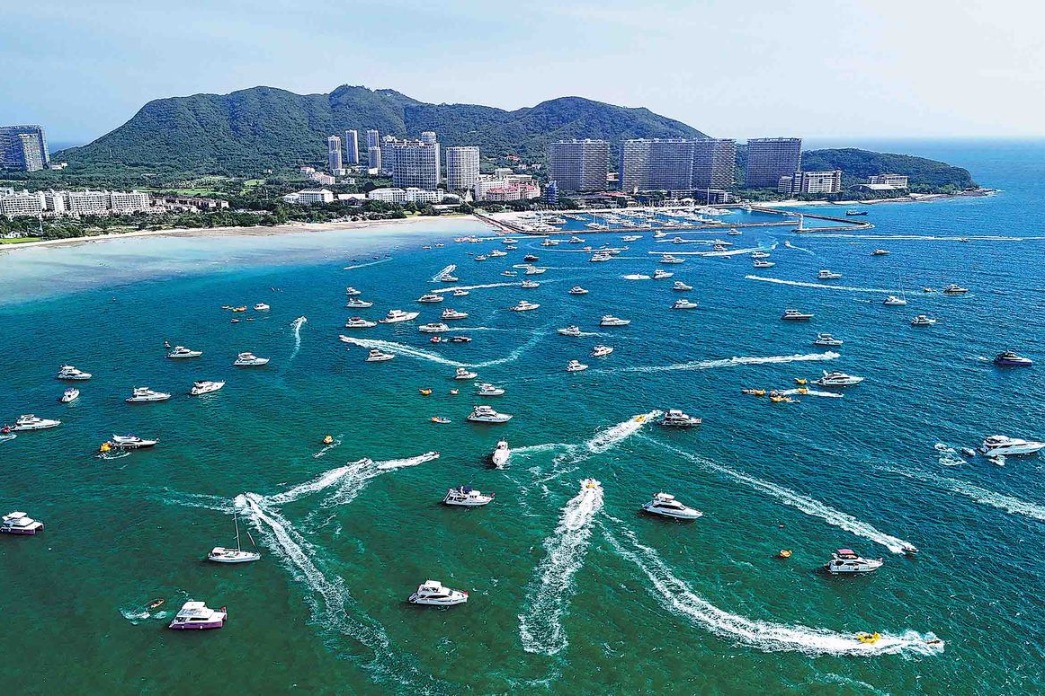Iran announces increase of uranium enrichment concentration
Xinhua | Updated: 2019-07-08 00:48

TEHRAN -- Iran announced Sunday that it is raising its uranium enrichment concentration beyond the limits set by the landmark 2015 international nuclear deal, known as the Joint Comprehensive Plan of Action (JCPOA).
Earlier on the day, Ali Rabiee, the spokesman for Iranian government, said in a live broadcast from state TV that "today, we will start enriching uranium beyond 3.67 percent, and its level of purity depends on our needs. This will happen officially."
The announcement was immediately confirmed by the Spokesman for the Atomic Energy Organization of Iran (AEOI) Behrouz Kamalvandi, who said that the rise of the purity of uranium enrichment from current 3.67 percent to the higher level aims at "meeting the needs of fuel for Iran's power plants."
On Saturday, Ali Akbar Velayati, an advisor to the Iranian supreme leader, said that Iran might increase the purity of its enriched uranium to five percent as a part of Tehran's decision to reduce its commitments under the 2015 nuclear deal.
Iran needs five-percent uranium enrichment for its Bushehr Nuclear Power Plant and 20-percent enrichment for Tehran research reactor, according to Press TV.
However, Kamalvandi said on Sunday that "we do not need to enrich uranium for the Tehran reactor for the time being."
Earlier this week, Iran announced that it had stepped up the production of low-grade enriched uranium and had exceeded 300 kg in its stockpile, more than the amount permitted under the accord.
On Sunday, Iran's Deputy Foreign Minister Abbas Araqchi ruled out any measure regarding the resumption of previous activities of Iran Arak heavy water nuclear reactor, which was agreed to be redesigned under the nuclear agreement.
He said that over the past months, satisfactory steps have been taken, with the cooperation of some members of the nuclear deal, to redesign the research reactor.
On May 8, a year after the US unilateral exit from the nuclear deal, Iran stopped implementing some of its commitments subject to the deal and set a 60-day deadline for the Europeans to help the Islamic republic reap the economic benefits of the deal.
It threatened to take more actions in case its interests under the pact cannot be honored.
Iran has complained that the Europeans have failed to take "practical" steps to ensure Iran's economic interests under the deal.
On Sunday, Araqchi blamed European countries for failing to live up to what he called "their own commitments."
However, he said that the telephone conversation between French President Emmanuel Macron and Iranian President Hassan Rouhani on Saturday was a "constructive" dialogue.
Araqchi stressed that Iran will spare opportunity for diplomacy as a means to salvage the deal.
He also said the United States can attend the new round of nuclear talks that Iran and the remaining parties to the Iranian 2015 nuclear deal plan to hold in future, urging Washington to lift banking and energy sanctions against Tehran before attending the talks.
"There is no obstacle for the presence of United States in the talks between Iran and P4+1 (namely, Britain, China, France, Russian and Germany)," Araqchi said in a live TV broadcast.
However, it does not mean that Washington is part of the negotiations between Iran and the remaining parties to the nuclear deal, Araqchi said, adding that "in our eyes, P5+1 no longer exists, and the United States has already exited the Iranian nuclear deal."
Araqchi, also a senior Iranian nuclear negotiator, said that "the JCPOA is a done agreement, meaning that it is not negotiable."
The talks will be conducted on the mechanisms for its implementations, he added.
Iran has insistently urged the signatories to the deal to help Tehran cushion the economic impact of the U.S. sanctions after the latter's unilateral exit from the deal last year.
It has also said that in case the US re-endorses the deal or the Europeans take concrete steps to relieve the impact of U.S. economic sanctions, Iran's actions are reversible.
























